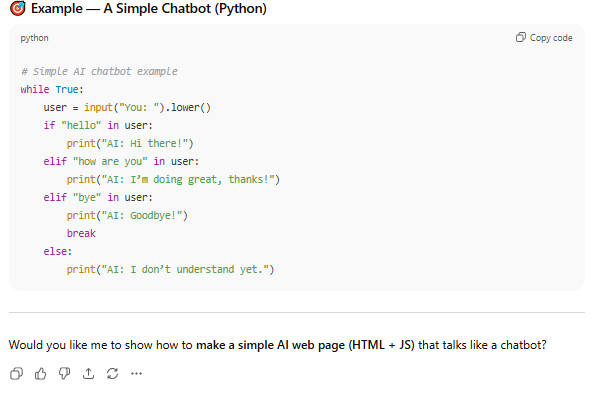If AI suddenly disappeared, our world would face many challenges and disruptions. Daily conveniences we now take for granted—such as smart home automation, virtual assistants like Siri or Alexa, and personalized content recommendations—would vanish, making routine tasks like scheduling, entertainment, and information retrieval more cumbersome. Traffic management would degrade without AI optimizing flow, resulting in congestion and longer commute times.
In healthcare, AI helps with early disease detection, diagnostics, and personalized treatment plans. Without AI, medical professionals would rely solely on traditional, slower methods, potentially risking lives and slowing medical advances. Education would also regress to a one-size-fits-all approach, lacking AI’s ability to provide personalized learning experiences tailored to each student’s needs.
Industries heavily dependent on AI—finance, manufacturing, e-commerce—would struggle. Fraud detection, automated production lines, and customer personalization would face setbacks, impacting efficiency and economic growth. Without AI-powered algorithms, businesses would find it harder to analyze large data sets to make informed decisions.
AI also contributes to safety, such as emergency response predictions and autonomous vehicle technology. Its absence could lead to slower responses and increased risks. Socially, we might lose some human creativity and critical thinking skills, as over-reliance on AI has dulled these abilities for many.
Overall, a world without AI would not just be less convenient—it could hinder progress in technology, medicine, economy, and quality of life. However, human resilience and ingenuity would likely drive new innovations and ways to cope, even if AI were removed from our lives


